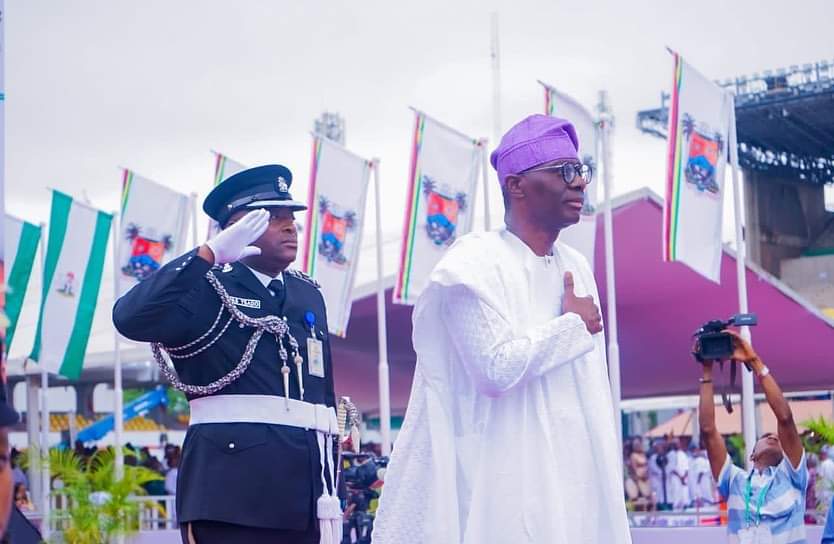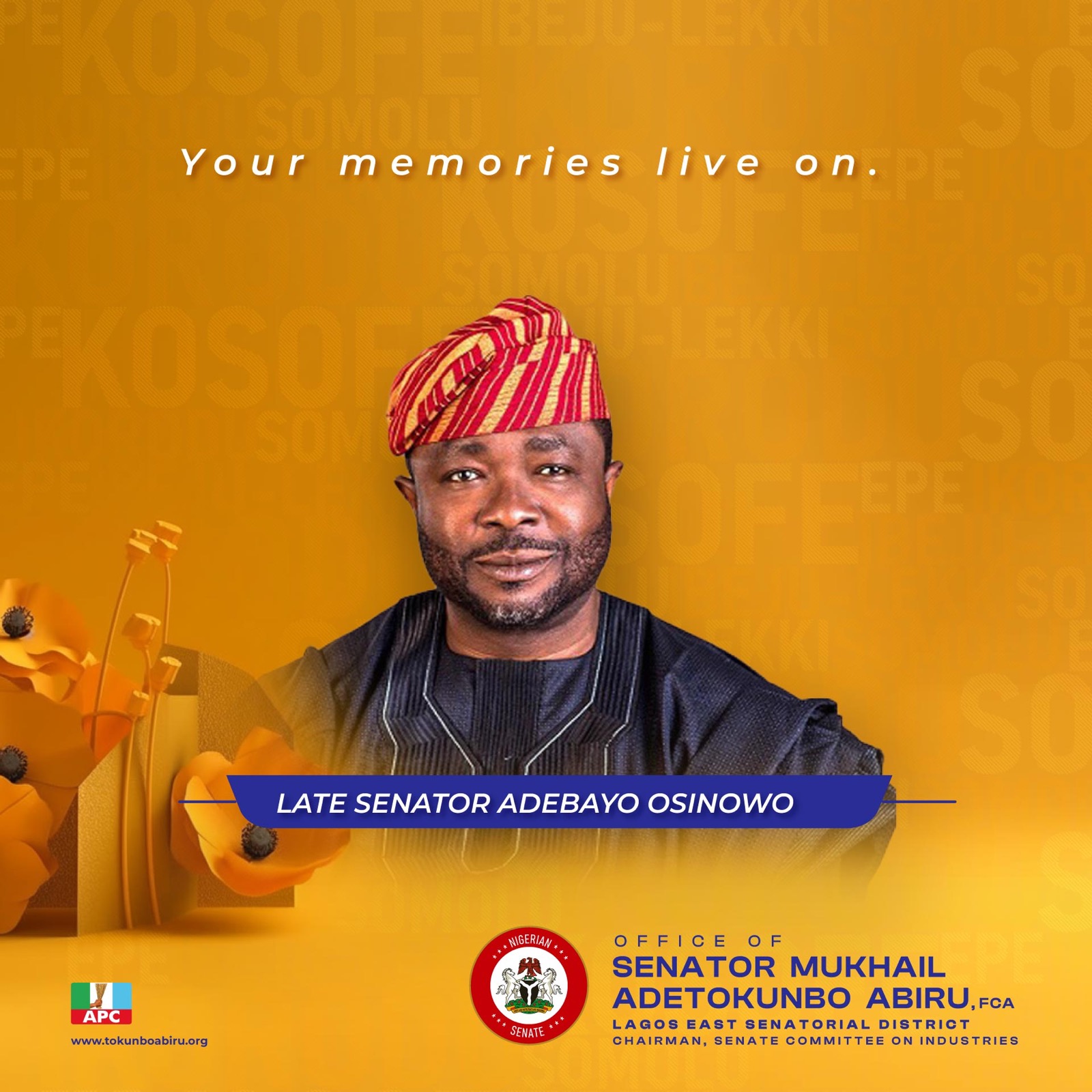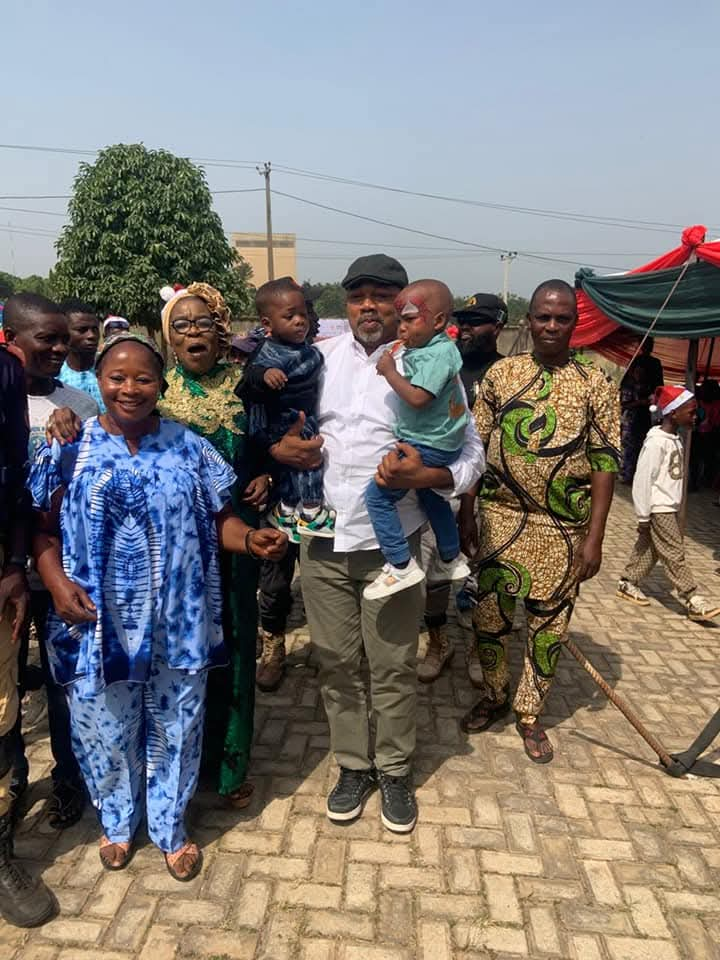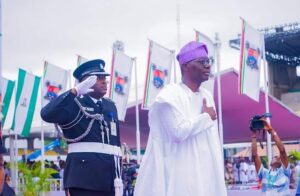
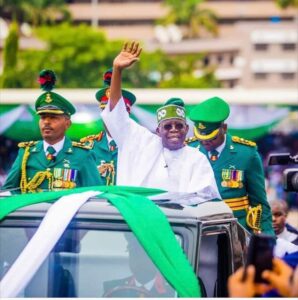
In the grand tapestry of democracy, few spectacles captivate the collective imagination quite like the majestic parades that accompany the inauguration of newly-elected governors or presidents. These vibrant processions, marked by their colorful pageantry and resounding fanfare, are more than mere displays of pomp and circumstance.
They are timeless symbols of a nation’s unwavering belief in the power of democracy, a celebration of the people’s collective voice and the peaceful transfer of power. In this article, we delve into the profound significance of these parades, exploring the deeper layers of meaning they carry and the indelible impression they leave on the fabric of democratic societies.
The inauguration and swearing-in of Governors and Presidents are significant events that signal the start of a new political era. These events are frequently accompanied by massive parades including all armed units, regardless of the weather. The essence of these marches is found in their historical roots, which represent the ideas of togetherness, strength, and patriotism.
I am poised to pen this article having witnessed the Lagos State Governor’s heartwarming inauguration parade to explore the symbolic meaning of parades during such occasions while also emphasizing their continuing significance.
This was elicited by the inevitable downpour which almost destabilized the prestigious 5000-capacity Tafawa Balewa Square (TBS) amphitheater during the second term inauguration ceremony of Governor Babajide Sanwoolu and His Deputy, Dr.Kadri Obafemi Hamzat in Lagos.
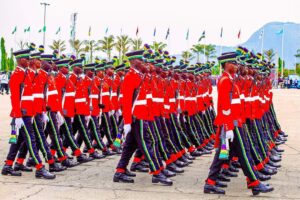
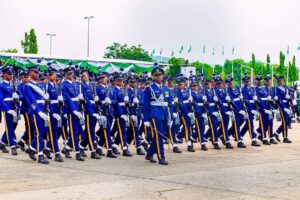
The tradition of parades during inauguration and swearing-in ceremonies has deep historical roots. In ancient civilizations, military parades were used to showcase the might and power of the ruling monarchs. These processions conveyed a sense of strength and instilled confidence among the people. Over time, parades evolved into ceremonial displays of military prowess and national unity.
Parades during inauguration ceremonies represent the unity of a nation. They bring together the various branches of the armed forces, symbolizing the cooperation and coordination required to protect and serve the country. These displays of unity remind citizens that, regardless of their individual differences, they are part of a larger whole – a united nation.
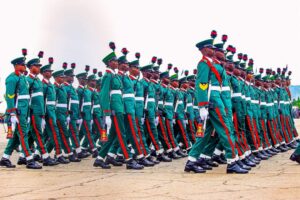
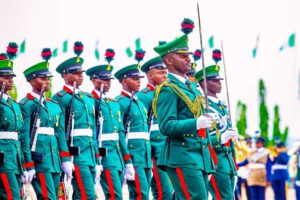
Moreover, parades demonstrate patriotism and pride in the armed forces. The synchronized movements, immaculate uniforms, and precision of the military personnel reflect their commitment to duty and the sacrifices they make to defend the nation. By showcasing these qualities, parades inspire citizens to honor and respect the armed forces, fostering a sense of national pride.
The TBS arena, according to research is a 14.5-hectare (35.8-acre) ceremonial ground which was originally called “Race Course” in Lagos Island. Lagos Race Course now TBS, was a sports field that hosted horse racing but included a section for football and ground to play cricket. The land was provided to colonial authorities by Oba Dosunmu in 1859, who thereafter, built up the surrounding areas. The course was later demolished by the government of General Yakubu Gowon to make way for Tafawa Balewa Square.
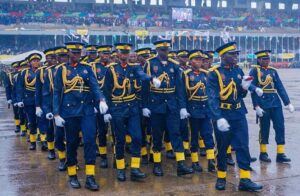
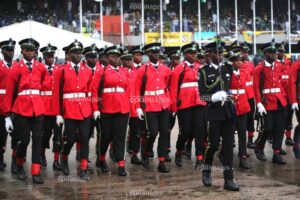
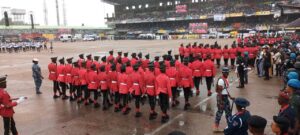
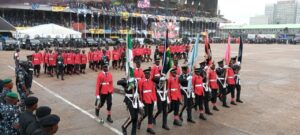
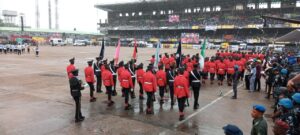
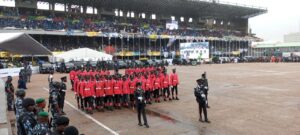
In challenging weather conditions, parades become even more impactful as witnessed at TBS. The spectacle of military personnel braving the elements conveys the message that nothing can deter the resolve and dedication of the armed forces. It reinforces the notion that they are always ready to defend and protect, regardless of the circumstances. God bless our armed forces!

